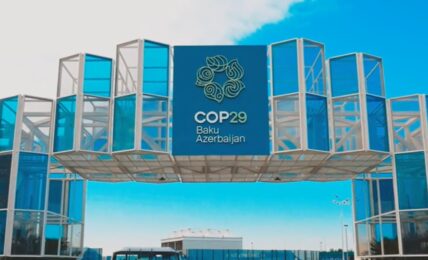Boston Consulting Group announced a new agreement to purchase sustainable aviation fuel certificates (SAFc) for fuel made using renewable energy and CO2, with carbon transformation-focused cleantech company Twelve.
According to the companies, the new agreement will run from 2026 to 2029, and is expected to deliver more than 4,000 metric tons of CO2 emissions reductions.
Founded in 2015, California-based Twelve produces chemicals, materials, and fuels from carbon, instead of fossil fuels through a carbon transformation technology that converts captured CO2 into products with water and renewable energy as inputs and producing only water and oxygen outputs. It uses an electrochemical reactor that takes in carbon dioxide from waste or captured directly from the air and uses a metal catalyst and electricity to split the CO2 and water and recombine the elements into different chemicals.
The company’s E-Jet SAF is a power-to-liquid jet fuel made from CO2, water and renewable electricity, producing up to 90% lower lifecycle emissions compared to conventional jet fuel. Additional benefits of the fuel relative to other SAF products include substantially lower water use for production, and less land usage relative to biofuel-based products.
The new purchase is part of a collection of SAF certificate deals coordinated by the Sustainable Aviation Buyers Alliance, which includes BCG as a founding member.
Nicholas Flanders, cofounder and CEO of Twelve, said:
“Corporations like BCG play a critical role in advancing the development and demand of SAF. We are excited to partner with BCG via the Sustainable Aviation Buyers Alliance and leverage the SAFc Registry to accelerate the roadmap toward net zero emissions.”
BCG set a 2030 net zero target in 2020, alongside a goal to become climate positive beyond 2030, and outlined plans to significantly reduce its carbon footprint, as well as to remove emissions by purchasing high-quality removal credits.
Under the new agreement, BCG’s investment allows the company to make a greenhouse gas reduction claim on climate disclosures, while the physical SAF flows to an aircraft operator. The transaction is digitally tracked and third-party verified through a Book & Claim chain of custody ledger system. The announcement follows an agreement earlier this month between BCG and World Energy for SAF certificates expected to deliver an emissions reduction of 100,000 metric tons of CO2 over the next five years.
David Webb, BCG Chief Sustainability Officer, said:
“Today’s agreement is another step in advancing innovation in the sustainable aviation fuels market, which remains key to decarbonizing air travel. We are proud of our longstanding involvement in this market since its earliest days, ranging from founding membership of the Sustainable Aviation Buyers Alliance to participating in initiatives such as the World Economic Forum-led Clean Skies for Tomorrow coalition and the United Airlines Ventures Sustainable Flight Fund.”


